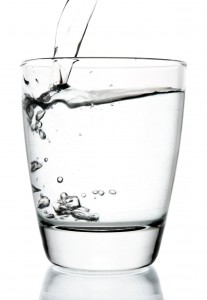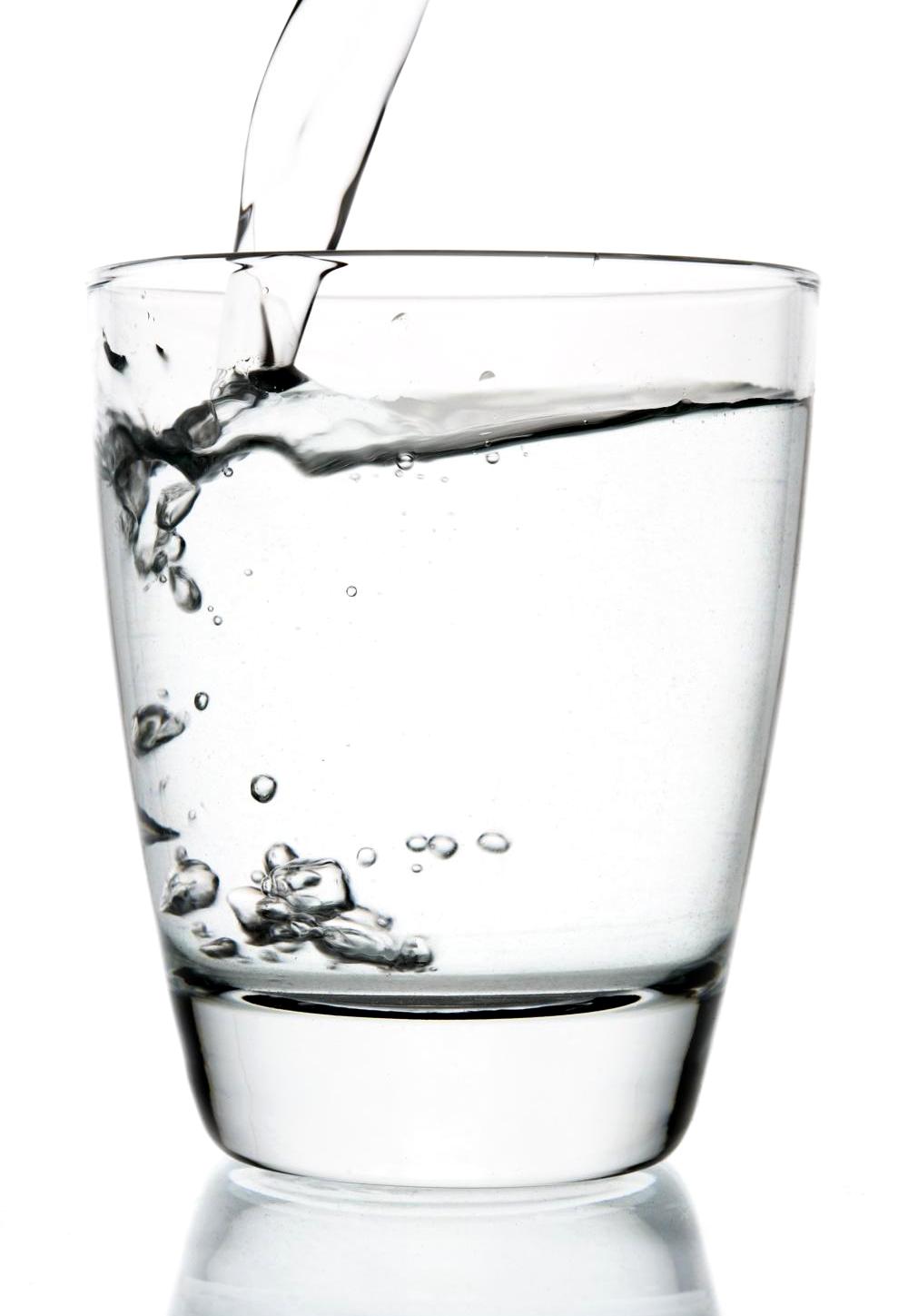Print Edition: October 16, 2013
We’ve all been there before: tired, sluggish, and grumpy after a long day of classes. But before you put it down to a challenging midterm or a long paper, look back at the amount of water you drank throughout the day.
Drinking enough water is easy to overlook, yet it’s one of the best things you can do to keep your body energized and your mind sharp. Countless times I have been told that eight glasses of water (about two litres), is the perfect amount each day for our bodies to stay completely hydrated. However, in my experience, drinking eight glasses of water a day isn’t a recipe for hydration success, but for a day full of bathroom runs.
After reading past the headlines and into the heart of the matter, I found out a few key things to keep in mind when it comes to getting the right amount of water.
When studies first came out saying that eight glasses of water is the number to reach, I, along with many others, assumed that only plain drinking water was included. However, eight glasses is just the total amount of water recommended. Thankfully for our bladders, these two litres of water don’t have to come from drinking water alone.
This water can come from all sorts of fresh, body-benefiting food such as fruit and vegetables. Watermelon is about 92 per cent water, and a tomato is whopping 95 per cent water. Even a baked potato is 75 per cent water. Without even sipping water from a glass, your daily intake will already be on its way to two litres by simply eating these water-rich foods. Sugary drinks also count toward your total intake, but keep in mind that along with water, you’re also taking in not-so-nutritious refined sugars.
To reach a healthy and hydrated state, try drinking a glass of water or a non-sugary beverage with every meal, and never deprive yourself of a sip of water when you’re feeling thirsty.
Green tea, almond milk, or regular cow’s milk are also great options. Although these beverages contain ample amounts of water, remember that the best source of water is pure water itself. For simple and stress-free hydration, try keeping a water bottle with you throughout the day. It’s an easy and convenient way to stay hydrated throughout long lectures and study sessions.
On top of sipping plain water, eating plenty of fresh fruits and veggies—foods loaded with hydration power—is another easy and delicious way to get your necessary water at the same time as key vitamins and nutrients.
Since all our bodies are unique, it’s impossible to pin-point an exact amount of water that the average person needs to consume. A daily total of two litres of water has been proven as an effective amount in many studies, but the fact remains that all human beings are unique.
An active body will need more hydration than someone who isn’t as mobile. Instead of guzzling down water to reach the recommended eight glasses, take time to listen to your body. Lethargy and unusual tiredness are often symptoms of dehydration, and a tall glass of water or a juicy apple works wonders in replenishing our bodies with hydration and a boost of energy.
Thirst is also often misread as hunger, so first have a glass of water or other healthy beverage, and then see if you need to eat a snack. After all, the human body is about 75 per cent water itself.


